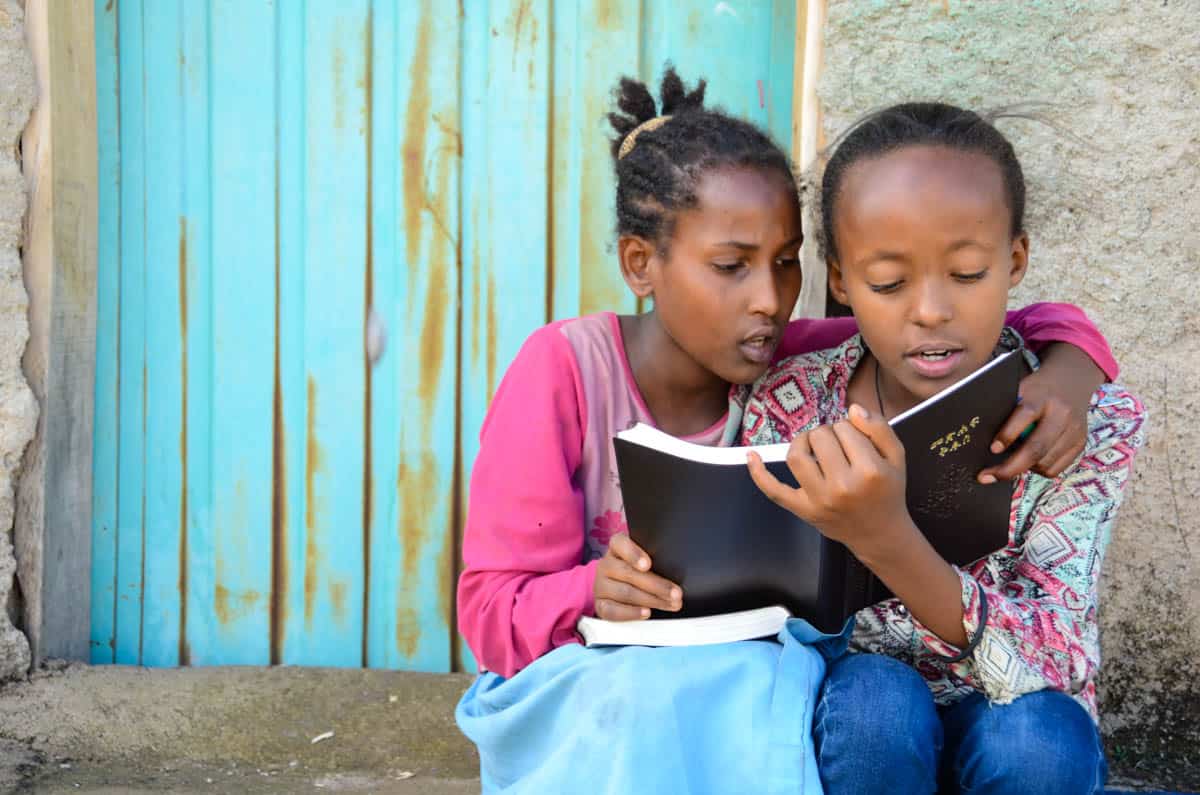Many view poverty only in terms of money. In the most common definition of poverty, the poor are those who simply do not have enough income. But what does poverty mean in the Bible?

Poverty in the Bible: Exploring the Scriptures
There are 178 uses of the word “poor” in Scripture. So what does poor mean in the Bible? Although there are a few exceptions, the term poor in Scripture means economic or material poverty.
Review the following verses and notice the characteristics and common terms: “insufficient food,” “cannot afford,” “cannot support himself,” “debt” and “shabby clothes.”
- “Then the poor among you may get food” (Exodus 23:11, NIV).
- “If . . . he is poor and cannot afford these” (Leviticus 14:21, NIV).
- “If one . . . becomes poor and is unable to support himself” (Leviticus 25:35, NIV).
- “Pay him his wages each day before sunset, because he is poor and is counting on it” (Deuteronomy 24:15, NIV).
- “The poor man had nothing except one little ewe lamb” (2 Samuel 12:3, NIV).
- “The infant of the poor is seized for a debt” (Job 24:9, NIV).
- “Do not love sleep or you will grow poor; stay awake and you will have food to spare” (Proverbs 20:13, NIV).
- “Go, sell your possessions and give to the poor” (Matthew 19:21, NIV).
- “For Macedonia and Achaia were pleased to make a contribution for the poor among the saints in Jerusalem” (Romans 15:26, NIV).
- “Suppose . . . a poor man in shabby clothes also comes in” (James 2:2, NIV).
While the definition of “poor” in Scripture refers to an economic condition, the circumstances and causes associated with that condition are complex.

For example, the poverty is sometimes associated with oppression, isolation and injustice. Consider Proverbs 13:23, NIV:
A poor man’s field may produce abundant food, but injustice sweeps it away.”
Proverbs 19:4 (NIV) speaks of social isolation:
Wealth brings many friends, but a poor man’s friend deserts him.”
Many conditions and experiences surround economic poverty, but they are descriptions of the circumstances/causes and not definitions of it.
For example, a person who has a right relationship with God can be economically poor:
Better a poor man whose walk is blameless than a rich man whose ways are perverse. (Proverbs 28:6, NIV).
In other words, the term “poor” describes the man’s economic condition despite his spiritually rich state. A poor person may also be wise and discerning:
A rich man may be wise in his own eyes, but a poor man who has discernment sees through him. (Proverbs 28:11)
Now there lived in that city a man poor but wise, and he saved the city by his wisdom. But nobody remembered the poor man. (Ecclesiastes 9:15, NIV)
But a person in a bad moral and spiritual state can also face poverty. Poverty can result from foolishness:
The one who chases fantasies will have his fill of poverty (Proverbs 28:19), NIV.
Drunkards and gluttons become poor, and drowsiness clothes them in rags (Proverbs 23:21, NIV).
The verses above demonstrate that the terms “poor” and “poverty” as used in Scripture refer to economic poverty. But they also show that poverty can be caused by many different issues.
Many are poor because of oppression and injustice. Some are poor because of poor choices. Scripture reveals that poverty can afflict a person who is wise or foolish, godly or otherwise.

There may be a few instances in Scripture in which “poor” is used metaphorically, such as Revelation 3:17, NIV:
You say, ‘I am rich; I have acquired wealth and do not need a thing.’ But you do not realize that you are wretched, pitiful, poor, blind and naked.”
There is also Jesus’ unique use of the phrase “poor in spirit” in Matthew 5:3, (NIV) which refers to spiritual realities:
Blessed are the poor in spirit, for theirs is the kingdom of heaven.”
Despite these few exceptions, it’s clear that most references in Scripture to the poor or to poverty should be taken to mean economic poverty, unless the passage can clearly be argued to have a different meaning.
Learn more about what the Bible says about poverty.

Release a Child From All Forms of Poverty With Compassion
At Compassion, it’s our mission to care for children and release them from all forms of poverty: economic, spiritual, social and emotional. If you’d like to join us on this mission, sponsor a child today! Your sponsorship can help us release a child from poverty in Jesus’ name.
This article was originally published July 5, 2016.
My Account l Sponsor a Child l Help Babies and Moms l Crisis Updates

